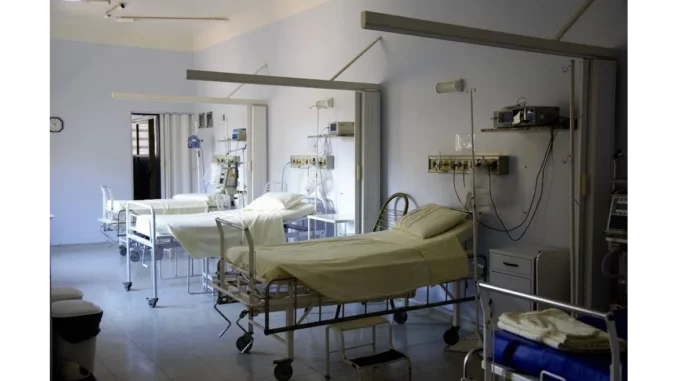
In the dynamic and ever-evolving city of Mumbai, a microcosm of India’s diverse socio-economic tapestry, I had the privilege of meeting with Dr. Radhika Mehra, a distinguished healthcare consultant. Our conversation centred around a compelling vision for the future: universal healthcare access for all Indians by 2047, a milestone year marking the centenary of the nation’s independence. This ambitious goal, as articulated in a recent report by Boston Consulting Group (BCG) and TPA Medi Assist, proposes a transformative shift in the Indian healthcare landscape.
Dr. Mehra welcomed me into her office, a testament to her dedication to healthcare reform, with its walls adorned with numerous accolades and commendations. As we settled into our discussion, the conversation naturally turned to the report’s bold proposition. “Is it truly feasible for every Indian to have seamless healthcare access by 2047?” I asked. With a contemplative pause, Dr. Mehra responded, “Though challenging, it is not beyond reach. The report offers a strategic blueprint that harnesses the potential of digital health data and artificial intelligence, which could revolutionise healthcare delivery if applied effectively.”
Central to this vision is a tiered strategy that categorises the population into emerging, middle, and affluent segments. This segmentation allows for tailored healthcare solutions: government-backed support for the emerging group, employer-sponsored insurance for the middle, and bespoke plans for the affluent. As Dr. Mehra elaborated, she emphasised the transformative role of technology, particularly AI, in reshaping the healthcare sector. “AI holds the promise of streamlining processes such as claim settlements and fraud detection. This could drastically cut down on administrative burdens and enhance efficiency. Imagine a system where patients receive cashless treatments without the bureaucratic delays that are prevalent today,” she illustrated.
Dr. Mehra also highlighted the critical need for unified health data systems. “A cohesive health data infrastructure is vital,” she stated. “Instant access to patient histories would greatly enhance diagnostic accuracy and treatment outcomes.” However, the road to realising this vision is fraught with significant obstacles. Current healthcare expenditure in India stands at a modest 3.3% of GDP, which is considerably lower than global benchmarks. Dr. Mehra acknowledged this financial shortfall, emphasising, “Increasing healthcare investment is crucial, but it must be accompanied by comprehensive reforms to ensure both efficiency and widespread reach.”
A glaring imbalance exists within the current system, which disproportionately favours curative care over preventive measures. “Preventive care is woefully underfunded,” Dr. Mehra remarked. “This leads to inefficiencies and escalating costs over the long term. A proactive healthcare model that prioritises prevention is imperative.” Our discussion also turned to the financial strain faced by families, particularly in rural areas where quality healthcare is scarce. “Out-of-pocket expenses account for nearly 45% of healthcare spending in India,” she explained. “This is unsustainable and underscores the urgent need for comprehensive insurance reform.”
Despite these substantial challenges, Dr. Mehra remained hopeful about the future. She expressed her belief that with the right investments and policy frameworks, India could indeed overhaul its healthcare system. “The ‘borderless health’ initiative is ambitious, yet achievable with coordinated efforts from the government, employers, and insurers,” she asserted.
As our conversation concluded, I was left contemplating the magnitude of the task at hand. Dr. Mehra’s optimism, however, was contagious, offering a glimpse of a future where healthcare is accessible to every Indian, regardless of socio-economic standing or geographic location. Walking away from our meeting, I found myself reflecting on the immense potential for change that lies ahead for India. With strategic investments, data-driven insights, and a steadfast commitment to reform, the aspiration of universal healthcare access by 2047 appears not just conceivable, but within reach.


Be the first to comment